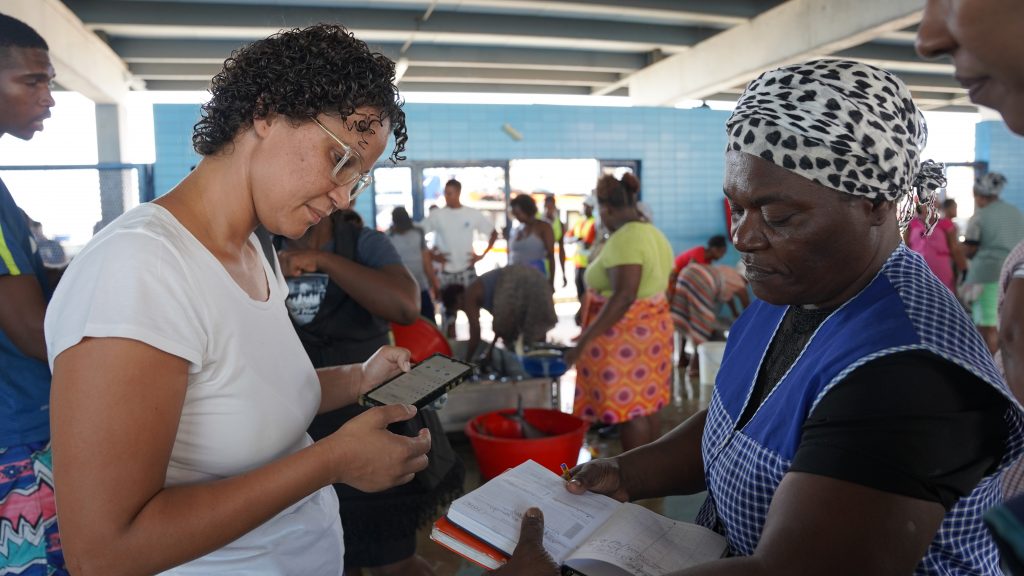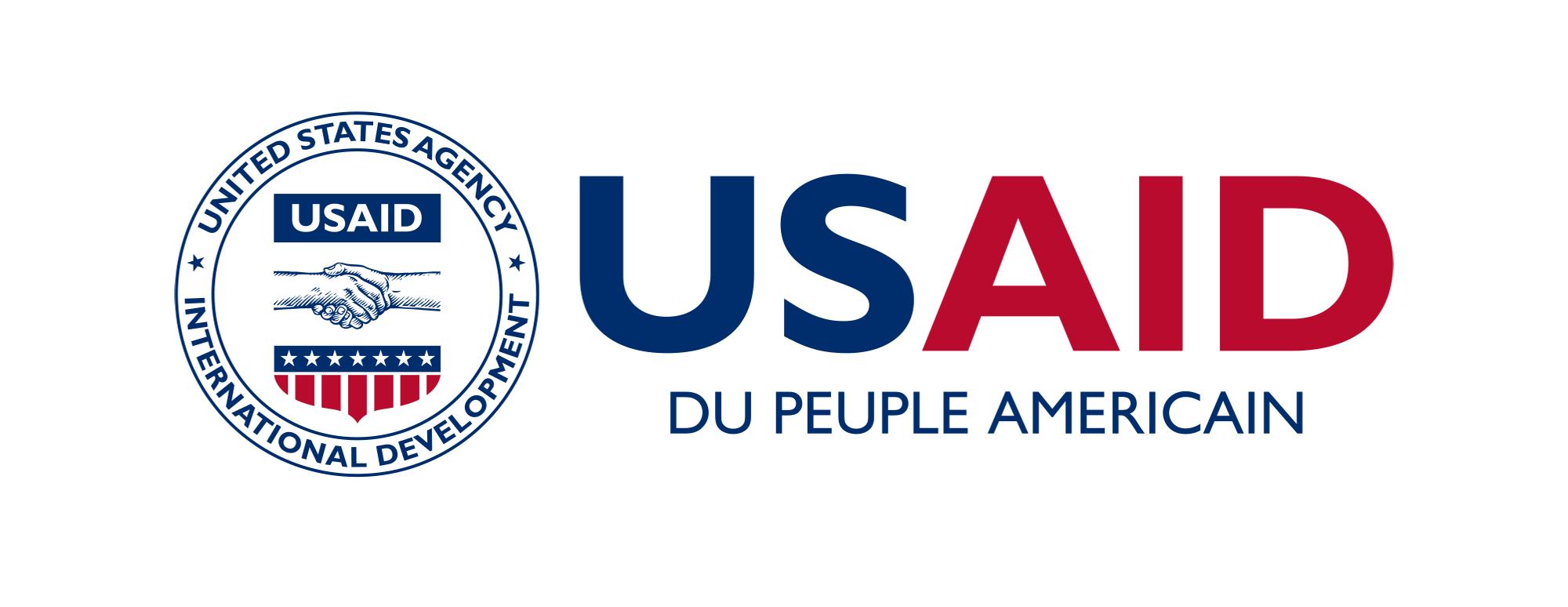Located in the central Atlantic Ocean directly west of Senegal, picturesque Cabo Verde is home to a burgeoning aquaculture industry. An integral part of the local economy, fishing provides a livelihood for thousands of people. Among the many, one family-owned business stands out, seeking to harness and expand the archipelago’s fishing industry. Family-owned Fresk D’Gustinh has been involved in Cabo Verde’s fishing industry for generations. It all began with Gustinh, the grandfather of the current CEO, Simone Duarte, who was a sailor and fisherman in São Nicolau – one of the ten islands that make up Cabo Verde.

USAID Trade Hub’s partnership with family-owned, Fresk d’Gustinh, is boosting the fishing trade and fostering competitiveness in the fishing business in Cabo Verde. Photo credit: USAID Trade Hub
Simone’s mother followed in her father’s footsteps and worked as a fishmonger for 24 years. With her family’s roots running deep in the industry – from fishers, fishmongers, and even fishing boat builders her passion for the industry grew, as did her belief in its economic possibilities.
For Simone’s mother, business was often unpredictable, and after a long career, she began to plan her retirement. Simone, having grown up with her mother’s optimism about the fish trade, took over the business. Balancing her demanding engineering career and working in the fishing trade on weekends, Simone began to see the industry’s potential for herself and knew that with the right support, her family’s business could expand into something truly revolutionary.
IMPACT OF COVID-19 ON THE BUSINESS
Registered in 2017, Fresk D’Gustinh soon established itself as a supplier of fresh fish to several
restaurants and nurtured vital relationships with local fish-mongering families who facilitated the retail of their fish directly to consumers. Simone’s sister, Yara, eventually joined the company as the Financial and Administrative Lead. By 2019, two years after Simone had begun working in the fishing trade, Fresk D’Gustinh was on a steady path to growth and success.
However, the unprecedented 2020 COVID-19 pandemic nearly devastated the business. Before the COVID-19 lockdowns and the global halt on the tourism industry, Fresk D’Gustinh made 80 percent of its income from contracts to supply seafood to hotels in Sal and Boa Vista – Cabo Verde’s tourist hotspots. These contracts were the realization of a long-held dream of Simone’s mother. Yet, in the wake of the pandemic, they ground to a halt, causing the company to struggle and fight to stay afloat.
Then, the United States Agency for International Development’s West Africa Trade and Investment (Trade Hub) came along.
“The Trade Hub grant was like oxygen to the business,” Simone reflects pensively. “The pandemic really affected us and with the coming of the Trade Hub, we saw hope for our business.”
In December 2020, the Trade Hub was in search of small- and medium-sized business partners to
build its grant portfolio. Frantz Tavarez, the Trade Hub’s Public-Private Partnership Manager for
Cabo Verde, convinced Simone and the Fresk management team to apply for the Trade Hub’s co-investment grant. After months of diligent preparation, Trade Hub awarded Fresk D’Gustinh a co-investment grant in February 2022 to support the diversification of their product lines, facility expansion, and social interventions for fishing communities.
THE CONTRIBUTION OF THE PARTNERSHIP WITH TRADE HUB
Needing to revive sales in the thick of the pandemic, Fresk looked to its family roots. The company diversified its business from direct sales of fish, by pioneering innovation in the processed fish product market. Fresk developed inventive recipes for fish balls and fish burgers that were marketed toward families who wanted to be able to make quick, healthy meals after long days at work and school.
With their Trade Hub grant, Fresk expanded this section of the business even further and recovered its operations. Over the next two years, the business has grown exponentially. Fresk has established a fish processing facility boasting a robust daily capacity of 2.5 MT – a significant increase from the previous 0.25 MT/day – and deployed new fishing vessels to increase their fish capture capacity to 23 MT.
To fulfill the family’s aspirations to empower workers in the fishing sector, Fresk has provided
instrumental support for the establishment and formal registration of the “Nos Coop” cooperative, founded by seven dedicated fishers and fishmongers to promote knowledge sharing and strengthen social support for workers in the fishing industry.
“We want to support the people in the fish sector to feel empowered so we can build the industry in Cabo Verde,” Simone explains.
Through their Trade Hub partnership, Fresk has been able to execute a strategic marketing program, resulting in an impressive increase in corporate clientele from 6 to 25. The company has also increased sales to $341,538 from $170,153 and secured additional private capital investment totaling $577,961.
Simone is optimistic about the future of Fresk and its impact on the fishing industry. She reiterates how vital their co-investment partnership with Trade Hub has been to the success of her family’s business, “[Our] achievements wouldn’t be possible without the Trade Hub, and for that, we want to thank [USAID] Trade Hub for the phenomenal partnership.”

